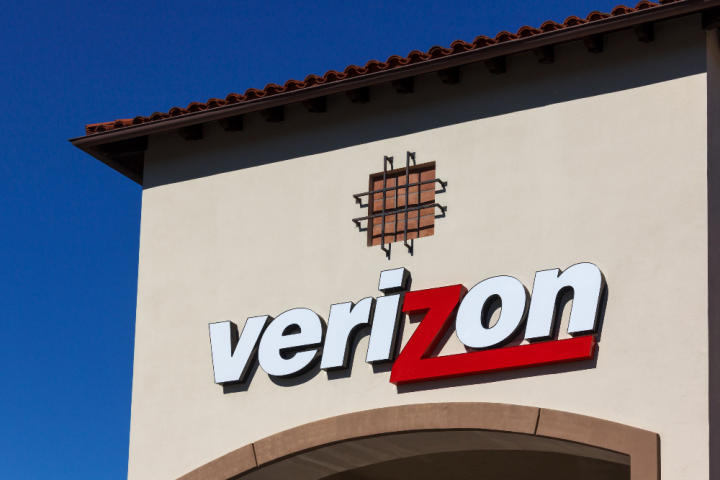
Safety Mode allows customers to avoid overage fees by throttling data speeds after their monthly data allotment is used up. There is some disparity, however, in how Verizon customers get access to it — those on the carrier’s XL and XXL plans do not pay any extra monthly fee, while those on S, M, and L plans must pay an extra $5 a month in order to get Safety Mode.
Rebranded as Always-On Data, Verizon said the new service will be available free of charge to all of its prepaid customers, regardless of which data plan they opted for.
As of this writing, Verizon offers three prepaid plans, with the base model costing $30 a month but restricting data usage to when you connect to Wi-Fi. The $45 a month plan includes 3GB of 4G LTE data and mobile hot spot functionality, while the $60 a month plan steps up to 6GB of LTE data, mobile hot spot, and unlimited calling to Canada and Mexico. All prepaid plans include unlimited call and text in the U.S., as well as unlimited text to its northern and southern neighbors.
Always-On Data will be available to prepaid customers on Sunday, July 17.
On a related note, Verizon will reportedly issue a $20 price hike to its remaining unlimited data customers, reports Droid Life. Most unlimited data customers on Verizon already received such a price hike, but “Phase 3” is reportedly to affect customers with older unlimited Alltel plans and all-in-one plans that do not include separate data features.
Verizon also issued price increases to all of its current data plans, a move that received some criticism, though Verizon said the move was not a true price hike since the price per gigabyte decreased.
As for the rumored price hike to customers with older unlimited data plans, they will not see the $20 increase from $30 to $50 a month unless they decide to allow their two-year contracts to expire. Even then, the price hike will reportedly go into effect on August 21.
Editors' Recommendations
- AT&T customers past and present impacted by huge data leak
- Verizon’s new Welcome Unlimited plan makes 5G data a lot more affordable
- TCL’s Tab Pro 5G might be worth it for Verizon customers who want cheaper 5G
- T-Mobile confirms hack, investigates whether customer data was stolen
- T-Mobile investigating claims of massive hack involving customer data


